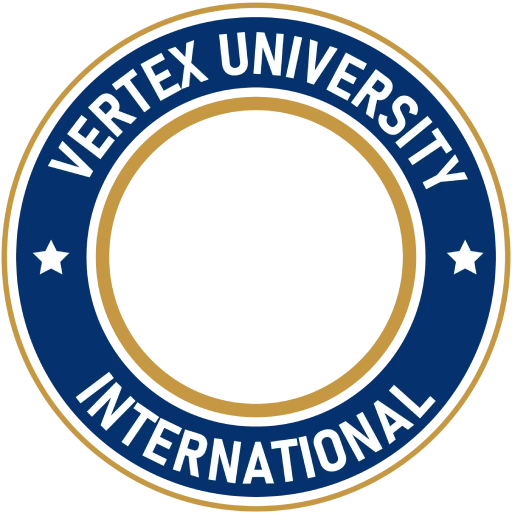Why Early Career Preparation Matters
Preparing for your career while still in university is more than a good idea—it’s a necessity in today’s fast-changing job market. With industries evolving rapidly and new technologies reshaping the workforce, students who wait until after graduation to start planning their careers are already a step behind. Building the right mindset, skills, and experiences during your academic journey gives you a real advantage and helps you enter the job market with confidence.
Academic Years Are the Foundation of Your Professional Life
Your time at university is not just about passing exams or earning a degree. It’s a unique window to shape your professional identity. Those who take early steps—by getting involved, asking questions, and seeking growth—often find themselves ahead of the curve when opportunities arise. Career preparation begins the moment you take your first course.
Strong Academics Are Just the Beginning
Doing well in your studies lays the groundwork for your future, but academic performance alone is not enough. Employers increasingly value applied knowledge, soft skills, and a mindset geared toward growth and innovation. Treat your academic success as the launchpad—not the finish line—of your career development.
Build Skills That the Market Demands
The modern workplace demands more than just knowledge. Today’s professionals are expected to collaborate, communicate, and think critically. Students should invest in building well-rounded skills that align with these expectations.
Communicate with Clarity and Purpose
Strong communication is key in almost every profession. Being able to express your ideas clearly, listen actively, and adapt your message to different audiences is a skill that will serve you in every stage of your career.
Collaboration Is the New Competitive Advantage
The ability to work as part of a team isn’t just a nice-to-have—it’s essential. Whether in projects, internships, or professional settings, employers look for people who can contribute effectively within group dynamics. Practice team-based learning and group problem-solving to gain this edge.
Experience Is the Bridge Between Study and Work
What you do outside the classroom is just as important as what you learn inside. Internships, volunteer work, and part-time jobs offer a preview of the professional world and help you test your interests in real environments.
Volunteering: Learn While You Serve
Volunteering offers a low-risk, high-impact way to gain experience, build your network, and explore your passions. Many employers value volunteer work for what it reveals about your initiative and character.
Part-Time Jobs: Learning in Action
Holding a job during your studies teaches time management, responsibility, and professionalism. It gives you a taste of workplace expectations and helps you apply your academic knowledge in practical ways.
Your Digital Identity Is Your New Résumé
In a world shaped by technology, your online presence is more important than ever. Recruiters often search candidates online before inviting them for interviews. Make sure what they find reflects your strengths, interests, and professionalism.
Be Present Where It Matters
Use professional platforms like LinkedIn to share your achievements, connect with mentors, and follow industry leaders. Build a presence that communicates your curiosity, competence, and commitment to growth.
Create and Share Meaningful Content
Blogging, posting projects, or even sharing thoughtful reflections shows your ability to engage with ideas and contribute to professional dialogue. It’s a way to demonstrate value before you’re even in the job market.
Never Stop Learning
Even after you graduate, your growth shouldn’t stop. The professionals who stay relevant are the ones who keep learning—through courses, certifications, and continuous curiosity.
Use Short Courses to Sharpen Skills
Whether it’s a new software, emerging trend, or leadership topic, taking online courses can keep you up-to-date and boost your credibility. There are endless resources to help you stay sharp and specialized.
Follow the Market—Not Just Your Syllabus
Being career-ready means staying aware of what’s changing in your field. Read industry news, attend webinars, and seek conversations with professionals. Understanding where your field is heading allows you to adapt before the market demands it.
In Summary: Your Career Starts Now
University is not just preparation for your career—it is the beginning of it. By taking intentional steps during your academic years, you can turn your education into a launching pad for long-term success. Develop the right skills, gain real-world experience, cultivate your digital reputation, and stay curious. The future belongs to those who are ready before it arrives.







